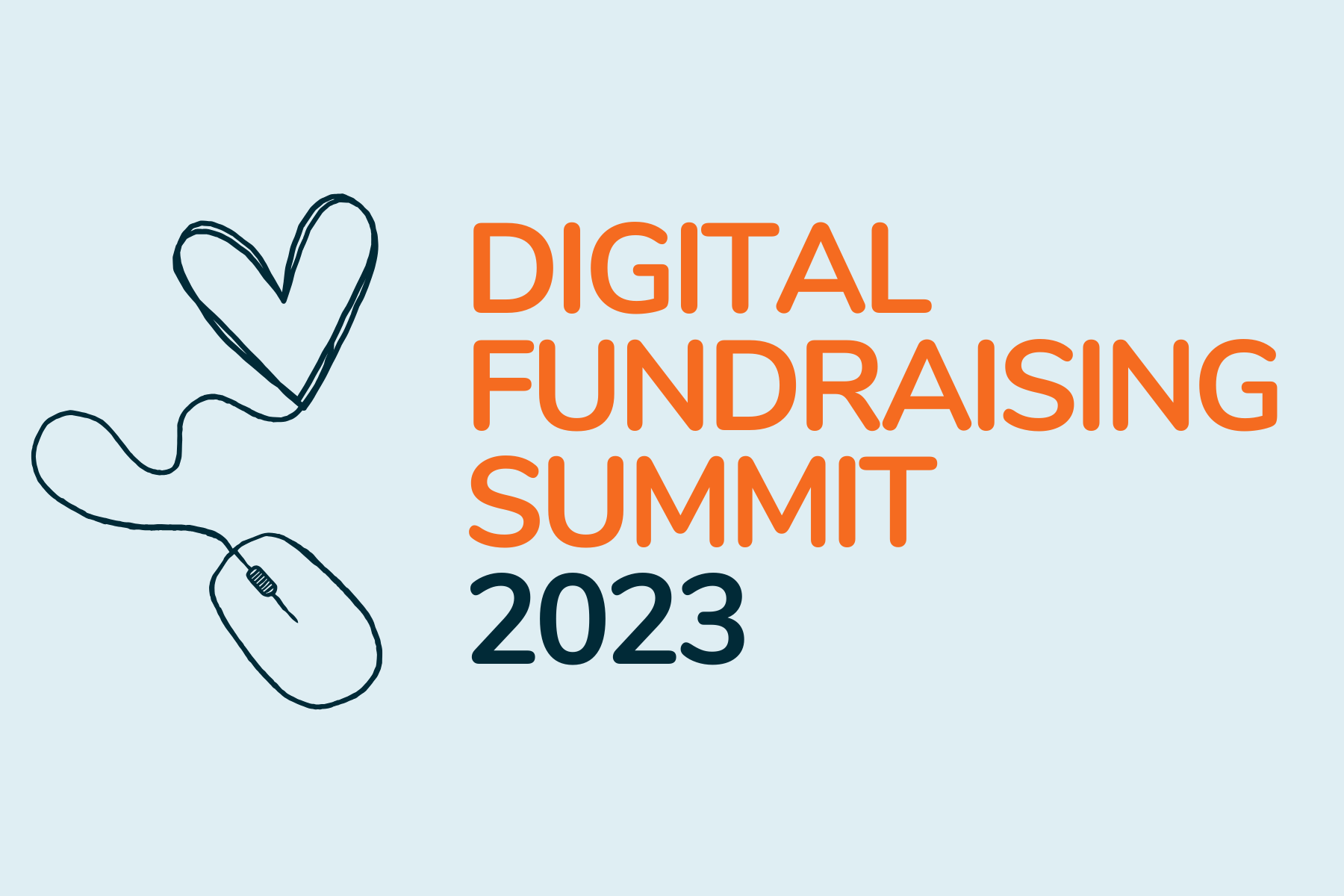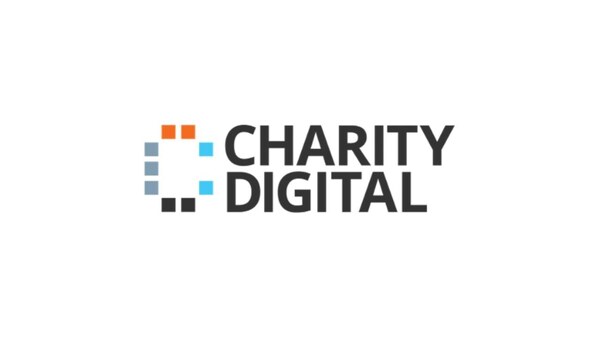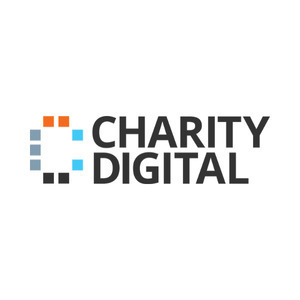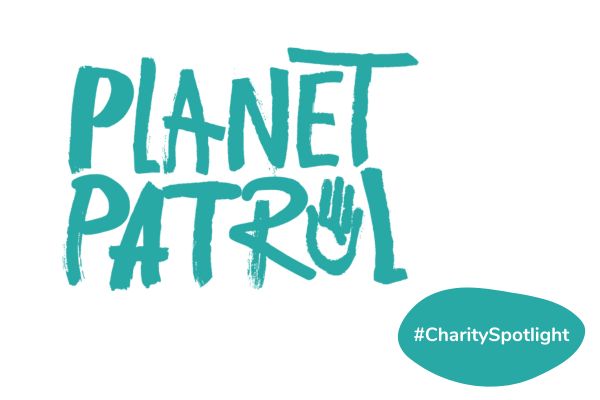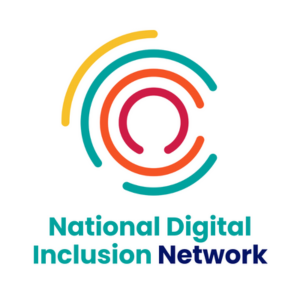Insights
INSIGHTS
All Topics
How to retain donors and boost fundraising with data
We explore five key ways that charities can use data to retain their supporters and boost their funds
For charities, data is key to fundraising: it can give us detailed insights into our supporters and how we can best meet their needs, thus boosting the money we can use to deliver ever-important services.
Using data well can also speed things up: having the right numbers in the right place can contribute to quicker decision-making, streamlining processes, and achieving greater agility. This can save organisations time and money, meaning that more can go towards the missions that drive us.
In 2023, the charity sector knows that data is important. The 2023 Charity Digital Skills Report found that using data insights effectively to improve services or operations was among the top three digital priorities for the charity sector. And as charities, their service users, and their supporters alike have felt the financial squeeze of the cost-of-living crisis, it has never been so important to take impact as far as possible by optimising resources.
So, a timely question: how can charities master data to boost their fundraising?
Use targeting
Who you want to reach through email, postal mail, social media, or other channels will greatly depend on what type of charitable work you do and the supporters behind your cause.
For example, charities who use events to encourage legacy donations will target their communications more than another charity who wants to throw a public fundraising event. This will differ again from charities hoping to reach a specific demographic such as parents, for example.
Marketing software provider Apteco recommends that charities target their promotion for legacy events based on both supporters’ age and distance of residence from the event’s venue.
Champion your most loyal supporters
It’s important not to forget about your most loyal supporters – they provide financial stability, and often give more than just money. As Apteco comments: “they’re often your best volunteers and advocates so its vital to keep them engaged”.
To identify your most loyal supporters, their e-guide recommends measuring three factors:
- Recency: the number of days between a supporter’s last donation and a specified reference point
- Frequency: the number of donations made by each supporter within a given timeframe
- Monetary: the total amount of money donated by a supporter over a specific period
Those supporters that have recently engaged, are frequently engaged, and have donated a large sum of money, are those that you should make an extra special effort to thank, say Apteco. Sending loyal supporters a personalised thank-you note or a small gift can be a great way to show your appreciation for the difference they are making to your cause.
Improve supporter journeys
To improve the way supporters feel about engaging with your charity, it’s a great idea to be intentional about supporter journeys. This can ultimately build loyalty to your charity and build the value of donations over time. Indeed, by optimising their donor journey, Alzheimer’s Society has seen a 72% increase in donations.
To personalise the journey for each type of supporter, Apteco recommends identifying and analysing segments within your supporter base. Then, they say, the journey should be designed to progress them into higher-value segments.
Keep supporters engaged
If your charity is dependent on a small number of high-value donors, it can cause financial instability. In this case, having an effective process to keeping such supporters engaged can be helpful.
Apteco adds: “It’s often more cost-effective to prevent at-risk donors from churning than it is to win new ones. Sending them personalised communications, encouraging engagement, and asking for feedback can be a useful and proactive way to gently remind them why they chose to donate to your charity in the first place”.
To identify and connect with these supporters, they recommend creating a profile of donors who have already churned in the past and comparing this with your current entire donor base. Then identify the most important supporters to get in touch with by completing a Pareto analysis.
Re-engage inactive supporters
Rather than trying to acquire new supporters, it can be a better use of resources to re-engage those who have already shown support for your cause at some point in the past. Apteco advise starting by defining past donors who had at one point become inactive but were then successfully reactivated. Then, identify “look-alikes” within your donor current base.
You can use this to launch a reactivation campaign to remind past supporters of the impact they have already had and encourage them to keep up their support.
Read Apteco’s e-guide
Click above to download Apteco’s e-guide ‘5 real-world examples to help charity marketers increase supporter retention’ and learn more about using data to increase supporter retention
Josie Sparling
More on this topic
Recommended Products
Featured Products
Related Videos
Our Events
Webinar: A charity guide to Meta Quest VR
Join us on the 30th of May, where we will explain more about how VR technology works and how it can help charities, hearing from organisations where the technology has already made a difference.
We use cookies so we can provide you with the best online experience. By continuing to browse this site you are agreeing to our use of cookies. Click on the banner to find out more.






